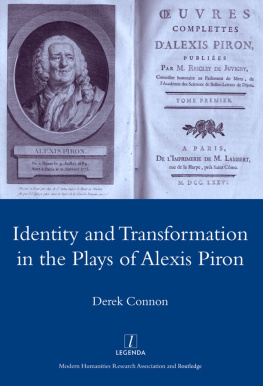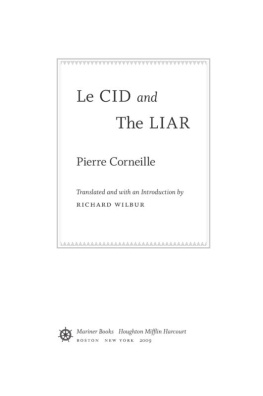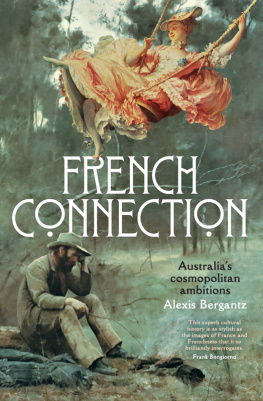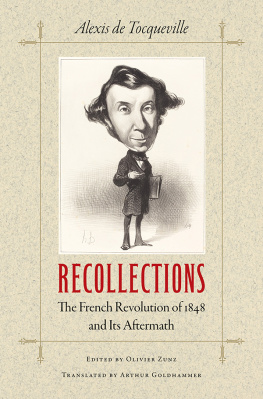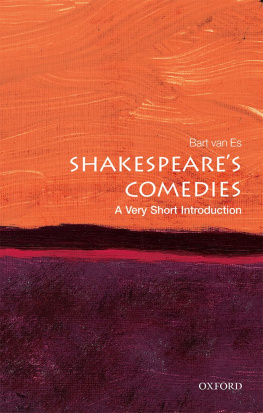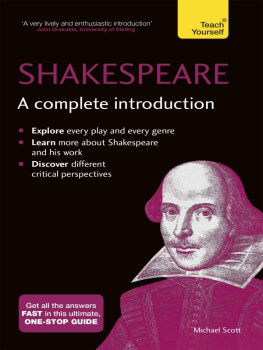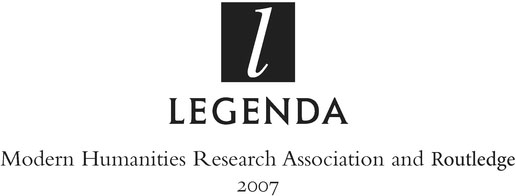IDENTITY AND TRANSFORMATION IN THE PLAYS OF ALEXIS PIRON
Legenda
LEGENDA, founded in 1995 by die European Humanities Research Centre of the University of Oxford, is now a joint imprint of the Modern Humanities Research Association and Routledge. Titles range from medieval texts to contemporary cinema and form a widely comparative view of the modern humanities, including works on Arabic, Catalan, English, French, German, Greek, Italian, Portuguese, Russian, Spanish, and Yiddish literature. An Editorial Board of distinguished academic specialists works in collaboration with leading scholarly bodies such as the Society for French Studies and the British Comparative Literature Association.

The Modern Humanities Research Association (MHRA) encourages and promotes advanced study and research in the field of the modern humanities, especially modern European languages and literature, including English, and also cinema. It also aims to break down the barriers between scholars working in different disciplines and to maintain the unity of humanistic scholarship in the face of increasing specialization. The Association fulfils this purpose primarily through the publication of journals, bibliographies, monographs and other aids to research.

Routledge is a global publisher of academic books, journals and online resources in the humanities and social sciences. Founded in 1836, it has published many of the greatest thinkers and scholars of the last hundred years, including Adorno, Einstein, Russell, Popper, Wittgenstein, Jung, Bhm, Hayek, McLuhan, Marcuse and Sartre. Today Routledge is one of the world's leading academic publishers in the Humanities and Social Sciences. It publishes thousands of books and journals each year, serving scholars, instructors, and professional communities worldwide.
www.routledge.com
Editorial Board
Chairman
Professor Martin McLaughlin, Magdalen College, Oxford
Professor John Batchelor, University of Newcastle (English)
Professor Malcolm Cook, University of Exeter (French)
Professor Colin Davis, Royal Holloway University of London
(Modern Literature, Film and Theory)
Professor Robin Fiddian, Wadham College, Oxford (Spanish)
Professor Paul Garner, University of Leeds (Spanish)
Professor Marian Hobson Jeanneret,
Queen Mary University of London (French)
Professor Catriona Kelly, New College, Oxford (Russian)
Professor Martin Maiden, Trinity College, Oxford (Linguistics)
Professor Peter Matthews, St John's College, Cambridge (Linguistics)
Dr Stephen Parkinson, Linacre College, Oxford (Portuguese)
Professor Ritchie Robertson, St John's College, Oxford (German)
Professor Lesley Sharpe, University of Exeter (German)
Professor David Shepherd, University of Sheffield (Russian)
Professor Alison Sinclair, Clare College, Cambridge (Spanish)
Professor David Treece, King's College London (Portuguese)
Professor Diego Zancani, Balliol College, Oxford (Italian)
Managing Editor
Dr Graham Nelson
41 Wellington Square, Oxford OX1 2JF, UK
legenda@mhra.org.uk
www.legenda.mhra.org.uk
Identity and Transformation in the Plays of Alexis Piron
Derek Connon
First published 2007
Published by the
Modern Humanities Research Association and Routledge
2 Park Square, Milton Park, Abingdon, Oxon OX14 4RN
711 Third Avenue, New York, NY 10017, USA
LEGENDA is an imprint of the Modern Humanities Research Association and Routledge
Routledge is an imprint of the Taylor & Francis Group, an informa business
Modern Humanities Research Association and Taylor & Francis 2007
ISBN 978-1-904350-69-9 (hbk)
All rights reserved. No part of this publication may be reproduced, stored in a retrieval system, or transmitted in any form or by any means, electronic, mechanical, including photocopying, recordings, fax or otherwise, without the prior written permission of the copyright owner and the publisher.
Product or corporate names may be trademarks or registered trademarks, and are used only for identification and explanation without intent to infringe.
Contents
Guide
FOR CERI
Thanks to the University of Wales Swansea for a sabbatical that helped in the completion of this study and for a contribution to the publishing costs of this volume; to my colleagues in French for taking on the extra work created by my absence; to Peter Lang and the editors of the Modern Language Review for permission to reprint the material detailed below; to Malcolm Cook, Nicholas Cronk, John Dunkley, Andrew Rothwell, Richard Waller, and the late Barry Russell for supporting my researches into Piron in a variety of ways; to Malcolm Cook again for providing the cover illustration; to Guy Snaith for advice on Le Comte d'Essex and to Pius ten Hacken for help with the Dutch language; to Ritchie Robertson, Graham Nelson and Polly Fallows of Legenda; to Michael Cardy, who read the first draft, for his help, advice, and enthusiasm for Piron; to Carolyn and Benjamin for their support (and for letting me use the computer).
- A Atis
- AD Arlequin-Deucalion
- AdO L'Ane d'or d'Apule
- AdT L'Antre de Trophonius
- AM L'Amant mystrieux
- Cal Callisthne
- Cap Le Caprice
- CdT Les Courses de Temp
- CEM Crdit est mort
- Chim Les Chimres
- Clap Le Claperman
- CN Colombine-Nittis
- E L'Endriague
- EdA L'Enrlement d'Arlequin
- EdJ Les Enfants de h Joie
- dP L'cole des pres
- FA La Fausse Alarme
- FC Fernand Corts
- FV Le Fcheux Veuvage
- GW Gustave Wasa
- HM Les Huit Mariannes
- M La Mtromanie
- MdM Le Mariage de Momus; ou, la Gigantomachie
- Philomle
- R La Rose
- RdD La Robe de dissension; ou, le Faux Prodige
- Tirsias
- G Francisco Lpez de Gmara, Histoire generalle des Indes Occidentales, trans. by Martin Fume, 5th edn (Paris: Michel Sonnius, 1584; repr. 1605)
- [Parfaict frres], Mmoires pour servir l'histoire des spectacles de la foire, par un acteur forain, 2 vols (Paris: Briasson, 1743)
- V Ren Aubert de Vertot d'Aubuf, Histoire des rvolutions de Sude, 2 vols (Paris: Mnard et Desenne, 1819)
It may well be that Piron is still best known to the general public, if he is known at all, as one of the most significant enemies of Voltaire; that people will be aware of the existence of the Ode Priape (although how many will have read it?) and the scandal surrounding it, which dogged its author for the rest of his life; It is true that it perhaps owes some of its celebrity to the fact that it is one of the works that arose from Piron's rivalry with Voltaire, but the absence of any direct reference to that author means that it would soon have lost its appeal if that were the only reason for reading it. Not only do its themes and the way they are handled make it one of the most original comedies of the period, it is also full of examples of Piron's celebrated wit, and these are surely the real reasons for its durability.

